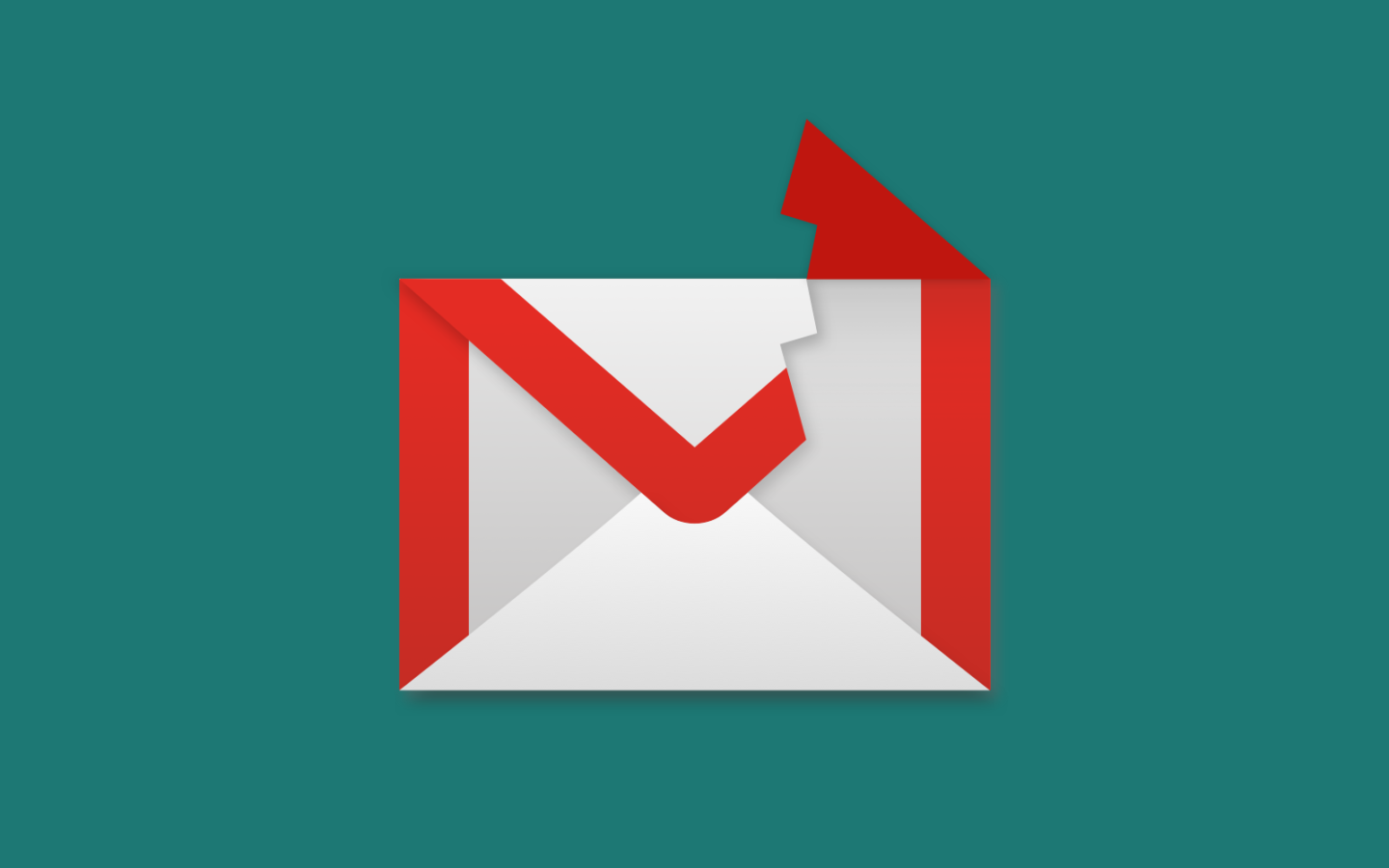The biggest privacy & security scandals of 2018
From the Facebook–Cambridge Analytica data scandal to Google+ data leaks – unfortunately, there was again plenty of reason to worry about data protection this year. We look back on the biggest issues.
Towards the end of the year, we take a look back at the most serious privacy & security breaches that have threatened or are threatening the privacy and security of Internet users. In the articles we also provide tips on how you can protect yourself from these threats. For example, one simple and effective way to better protect your personal data on the web is to use an anti-tracking tool such as Ghostery or Cliqz.













